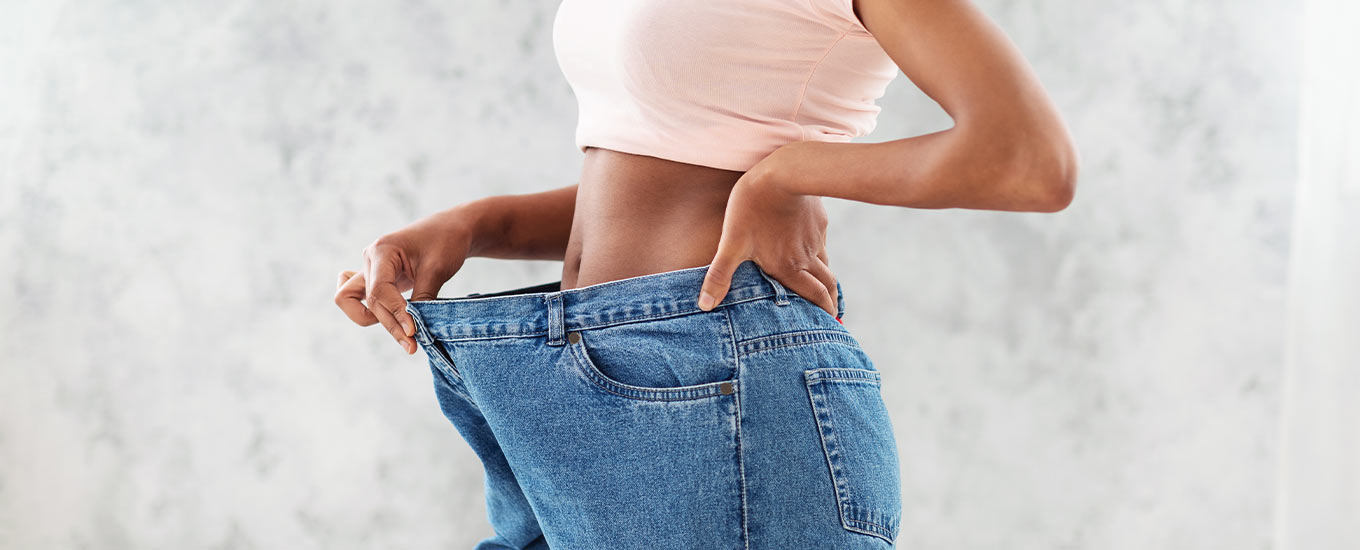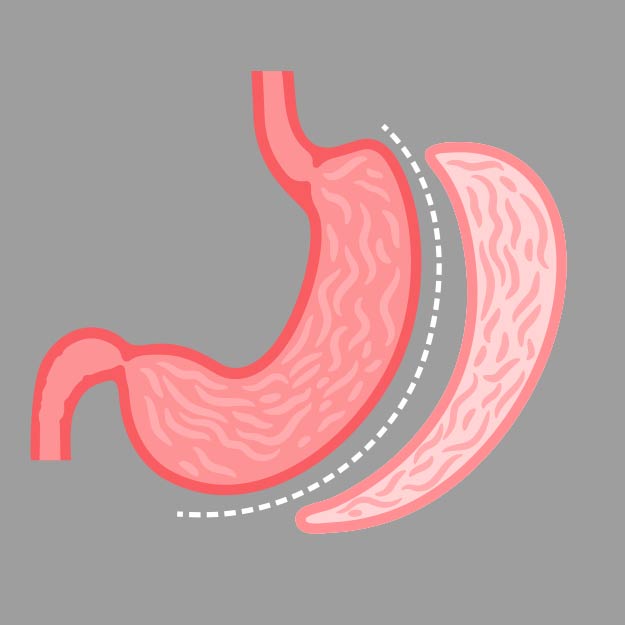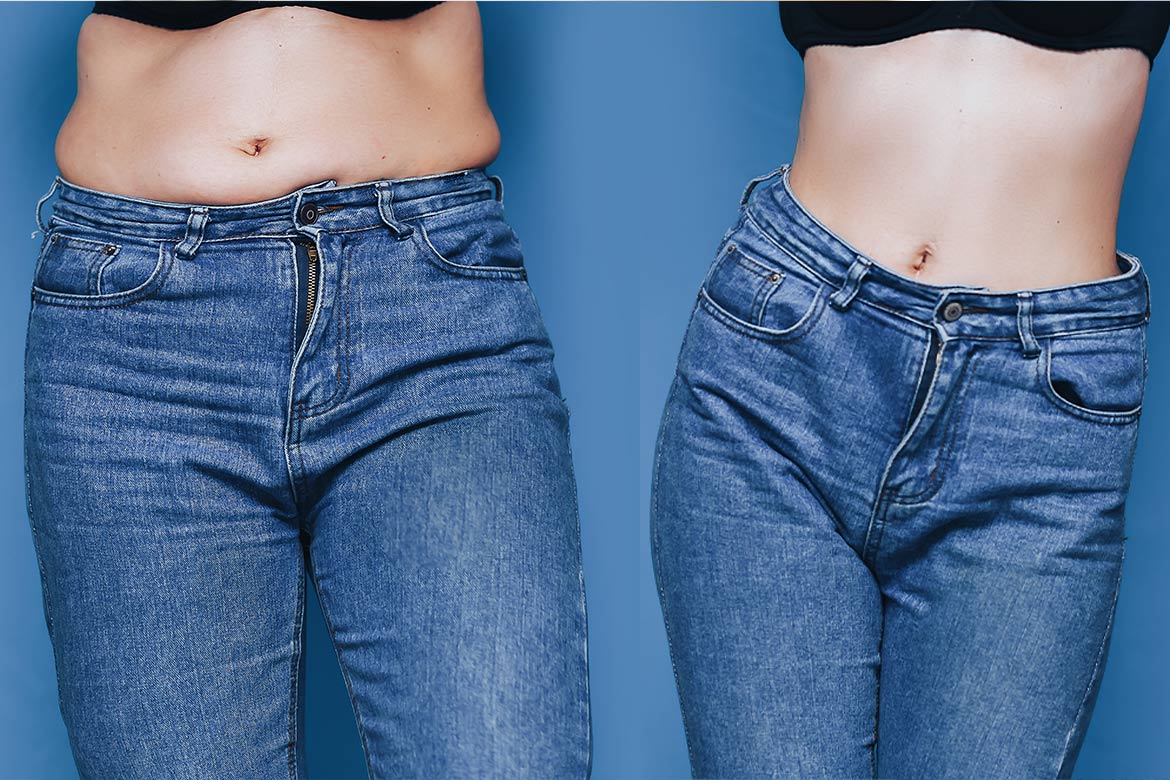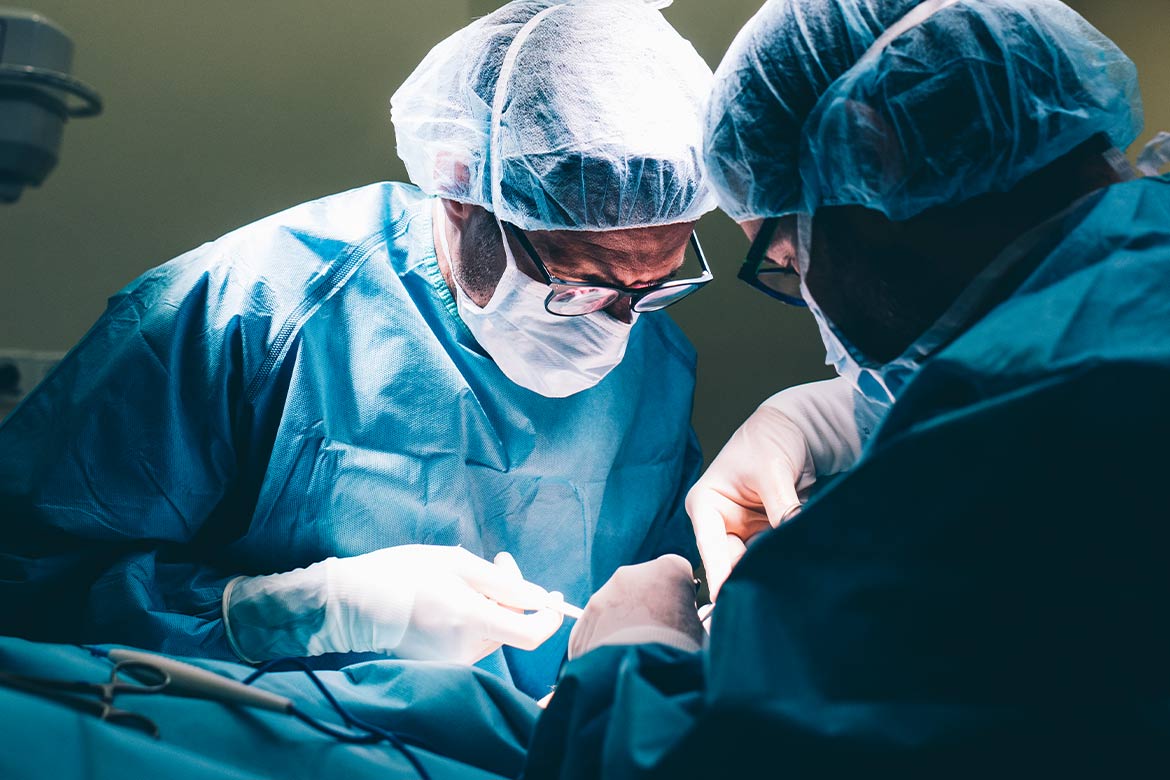What benefits does bariatric surgery provide?
A person’s health is endangered by obesity. A 40% overweight individual is twice as likely to die prematurely as a normal-weight individual. (After 10 to 30 years of obesity, this effect is observed.) Each year, obesity causes approximately one million deaths worldwide. Obesity increases your risk for a variety of serious, life-threatening diseases, such as: DiabetessCancer I a high blood pressure (hypertension) I cardiac illness I Obstructive sleep apnea I Stroke
The risk of death from these conditions returns to normal after weight loss, according to research. Within the first six months following weight loss surgery, patients are typically no longer required to take these medications. Additionally, women who were infertile prior to surgery discover that conception is possible after surgery.
What Exactly Is a Gastric Sleeve?
Alternatively, a sleeve gastrectomy. A procedure in which 75 to 80% of the stomach is removed. Gastric sleeve surgery can drastically alter your life. It is possible to perform it on both children and adolescents. Within a year, a patient can expect to lose up to 60% of their body weight. In fact, bariatric laparoscopic surgeons favor gastric sleeve surgery. It has demonstrated its effectiveness in achieving significant weight loss in a short period of time.
Who is a good candidate for bariatric surgery?
Before you can be considered for a screening evaluation for bariatric surgery at Clinic 4A, you must meet certain criteria. The following criteria are based on universal standards established by the National Institutes of Health:
You may be a good candidate for rhinoplasty if:
Body weight greater than 100 pounds or 45 kg above ideal weight.
Body Mass Index (BMI) greater than 35 with medical complications related to obesity, including high blood pressure, type 2 diabetes, sleep apnea and gallbladder disease.
No indication of active alcoholism, active drug addiction or a major psychiatric disorder.
What you can expect
The parts of your body that will undergo liposuction may have circles and lines drawn by the surgeon prior to the surgery. In order to compare before-and-after pictures, photos may also be taken.
The method used for your liposuction surgery will determine how it is carried out. Based on your treatment objectives, the area of your body that has to be treated, and whether you’ve had other liposuction operations in the past, your surgeon will choose the best technique for you.
liposuction with tumescence. The most popular kind of liposuction is this one. A sterile solution containing a combination of salt water, which helps remove fat, lidocaine, an anesthetic to decrease discomfort, and epinephrine, which constricts blood vessels, is injected into the area being treated by the surgeon. The affected area stiffens and swells as a result of the fluid mixture.
The surgeon will then make a few tiny incisions in your skin and place a cannula—a thin tube—under your skin. A vacuum is attached to the cannula, sucking fluids and fat out of your body. An intravenous (IV) line may be used to replace your body’s fluid levels.
helped by ultrasound liposuction (UAL). Combining standard liposuction with this kind of liposuction is occasionally done. A metal rod that generates ultrasonic radiation is inserted beneath your skin by the surgeon during UAL. This causes the fat cells to burst and causes the fat to break down for simpler disposal. With VASER-assisted liposuction, a new generation of UAL, a device that may enhance skin contouring and lessen the likelihood of skin damage is used.
Liposuction with laser assistance (LAL). High-intensity laser light is used in this method to breakdown fat for removal. During LAL, the surgeon makes a tiny incision in the skin and inserts a laser fiber to emulsify fat deposits. A cannula is then used to extract the fat.
Liposuction with power assistance (PAL). A cannula used in this kind of liposuction moves quickly back and forth. The surgeon can remove challenging fat more quickly and simply thanks to this vibration. PAL may occasionally result in reduced discomfort and edema, allowing the surgeon to remove fat with greater accuracy. If significant amounts of fat need to be removed or if you’ve undergone liposuction in the past, your surgeon might use this approach.
Who is good candidate
The process of liposuction is extremely personalized. You should act in your own best interests, not those of others or in an effort to conform to some sort of idealized ideal.
Good candidates for a liposuction typically include:
– Adults with firm, supple skin and strong muscle tone who are within 30% of their optimum weight
-Individuals who are in good health and do not have any illnesses that could endanger their life or prevent them from mending
those who have a positive perspective and precise body-contouring objectives
-Liposuction may be the solution for you if you are concerned by extra fat deposits on any part of your body that don’t go away with diet or exercise.
What Lifestyle Adjustments Are Necessary After a Gastric Sleeve Procedure?
After undergoing gastric sleeve surgery, there are numerous factors that can influence weight loss success. This includes your ability to make and maintain lifestyle changes over time. Following treatment, your doctor will provide you with a nutrition and lifestyle plan that includes diet and post-operative instructions that you are strongly encouraged to follow. Following treatment, you may be encouraged to make a number of significant lifestyle modifications.
What Should You Expect From Sleeve gastrectomy?
Following a gastric sleeve procedure, food is digested and absorbed in the same manner as before, with the exception that much smaller quantities are processed. The primary benefits of this type of bariatric surgery are that it frequently results in rapid and significant weight loss and requires a relatively brief hospital stay (usually around two days). Gastric sleeve surgery is irreversible and has the potential to result in vitamin deficiencies if a healthy diet is not maintained over time.
How Do You Prepare for Sleeve Gastrectomy?
Gastric sleeve surgery necessitates preparation prior to the actual procedure. It is also essential that you adhere to all pre- and post-operative instructions. This includes a pre-operative diet that your physician will require you to adhere to. This will help you lose weight and reduce the size of your liver, which can pose risks during surgery if it is overweight. Increasing protein consumption (lean meats), decreasing carbohydrate consumption (pasta, bread, and rice), and eliminating sugars are typical components of a pre-operative diet (candy, desserts, juices, or sodas).
Healing Process
You will receive care instructions and a diet plan before leaving the hospital. It is normal to feel exhausted after undergoing a major operation and consuming few calories. Your body will devote the majority of its energy to healing, so you should plan to rest extensively during your first few days back at home.
Consider your home’s configuration. Is there a staircase? If so, will you need to ascend stairs to access your bedroom? How simple is it to reach the restroom? While light activities such as brief walks are recommended, stair climbing and prolonged standing or walking can be difficult, so it is important to consider these questions beforehand.




